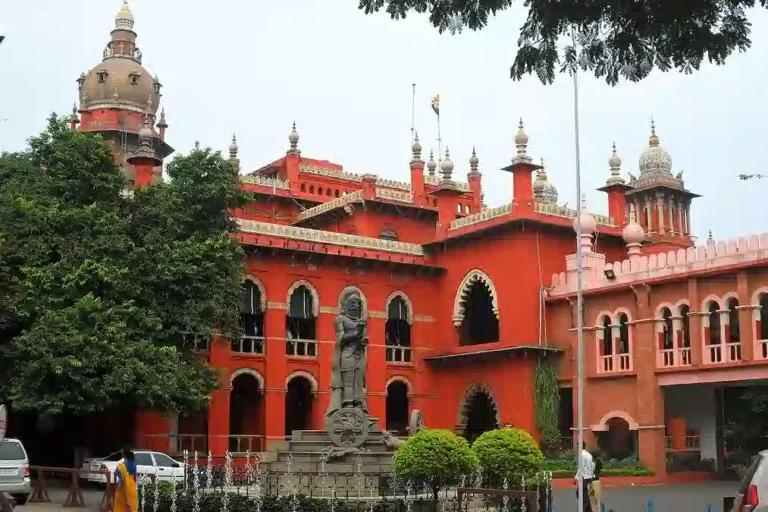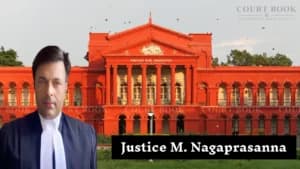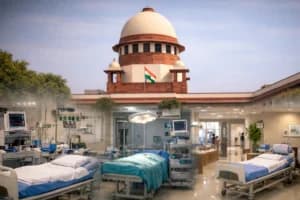Reaffirming the principle of equality, the Madras High Court recently rejected a writ petition seeking the appointment of temple trustees based on caste. The court emphasized that in the eyes of God, all human beings are equal and there should be no room for caste-based discrimination in religious appointments.
"Before God, all persons are human beings and therefore, there cannot be any discrimination based on caste," the Court observed, dismissing the plea with a strong reminder of constitutional values and human equality.
Read Also:-Madras High Court Imposes Interim Stay on NEET UG 2025 Results Over Re-Examination Plea
Justice Bharatha Chakravarthy, who presided over the matter, referred to one of his previous rulings that stated prayers seeking to perpetuate caste identity were not only unconstitutional but also went against public policy. The judgment recalled the inspirational words of Swami Vivekananda — “The soul has neither sex, nor caste nor imperfection,” and echoed Dr B.R. Ambedkar’s thoughts that caste has no physical existence and lives only in the minds of people.
The Court expressed concern that despite such clear ideals, petitions continue to be filed promoting caste-based claims. It noted that such efforts were contrary to constitutional morality and public interest.
The case arose from a writ petition filed by K.V. Venugopal, Secretary of the Karani Gramam Sengundar Sangam. The petition challenged a notification issued by the Joint Commissioner of the Hindu Religious and Charitable Endowments (HR&CE) Department inviting applications for the appointment of trustees to the Karaneeswarar Koil in Saidapet, Chennai. The petitioner demanded that only members of the Sengunthar community be considered for the position and that elections be conducted specifically within that community.
It was argued that a previous notification issued in 2022 had restricted applications only to members of the same caste. The petitioner claimed the revised general notification diluted the traditional community rights and prompted the present legal challenge.
However, the High Court clarified that caste does not constitute a religious denomination and that no caste group can assert exclusive rights over the administration of a public temple. The Court reiterated settled legal principles holding that temple trusteeship is not an entitlement that can be claimed based on community or caste.
Caste, by itself, is not a religious denomination, the Court stated, underscoring that the appointment of temple trustees must be inclusive and not restricted to any specific caste group.
Justice Chakravarthy relied on previous judgments of the Madras High Court which had consistently held that caste-based restrictions in temple administration are impermissible under the Constitution. The court concluded that the petitioner’s grievance could not be sustained and dismissed the writ petition.
"Accordingly, the grievance of the petitioner cannot be entertained by this Court and cannot be countenanced, this writ petition is dismissed," the judgment concluded.
The decision reaffirms the constitutional vision of equality and secular governance of religious institutions and warns against the perpetuation of caste-based exclusivity in public religious administration.
Case Title: K.V. Venugopal v. Secretary to Government of Tamil Nadu
Case No.: W.P. No. 15257 of 2025
Counsel for Petitioner: Mr. L. Dhamodharan
Counsel for Respondents: Mr. K. Karthikeyan, Government Advocate















